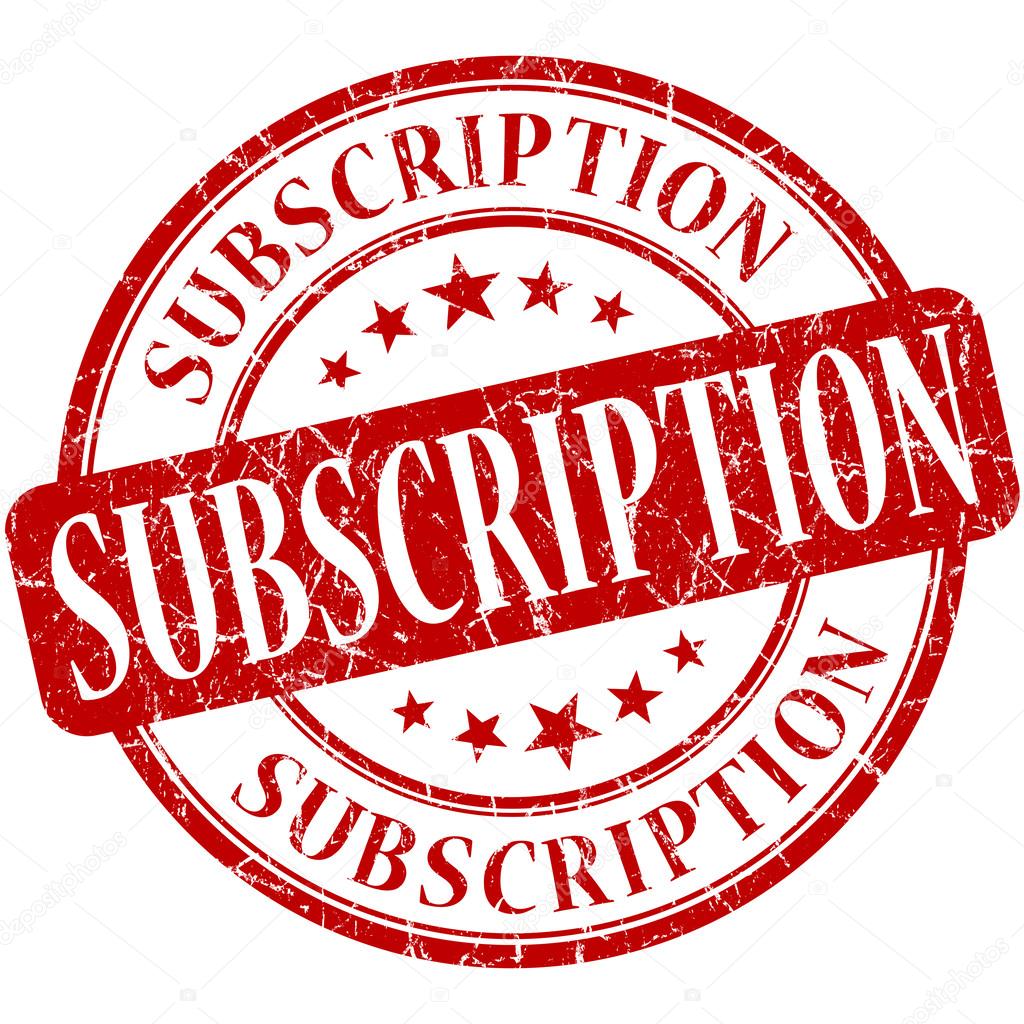
Customer loyalty programs are undergoing a fundamental shift. While free loyalty programs are still popular, more companies across a variety of industries have adopted a “Netflix-style” subscription model. In addition to providing a value to customers, a 2020 McKinsey study found that customers who participate in paid loyalty programs (i.e., subscriptions) are more loyal to the brand, spend more money with that brand compared to competitors, and spend money more frequently.
Convenience stores have been early adopters of this in the foodservice industry, and have developed multiple models. While there are multiple examples, we’ll highlight three in this post:
7-Eleven: Delivery Subscription
Convenience store giant 7-Eleven announced its new 7NOW Gold Pass last month, which allows customers to get nearly 3,000 convenience products delivered in approximately 30 minutes without a delivery fee. In addition to encouraging customer purchases (the press release notes that the subscription “pays for itself” with three purchases per month), it also significantly expands each 7-Eleven store’s customer service radius. While a customer may not travel 30 minutes just to visit a 7-Eleven, they may be willing to wait 30 minutes for the 7-Eleven to come to them.
Circle K: Car Wash Subscription
If 7-Eleven’s subscription meets the customer where they are, Circle K’s model draws the customer into their locations. Circle K’s unlimited car wash subscription allows customers to wash their cars at participating stores. In addition to delivering “unlimited” value to customers, Circle K gains regular, in-person subscriber traffic, which it uses to sell food, fuel, and impulse purchases. In addition, Circle K capitalizes on consumers’ tendency to share subscriptions (long a bane of Netflix’s model) by encouraging subscribers to share car washes with family members. After all, increased car wash traffic means increased sales.
Sheetz: Fryz On Demand
Similar to Circle K, Sheetz is drawing customers into stores. Last month, Sheetz announced a monthly subscription that allows customers to order “fryz” through the Sheetz mobile app as frequently as every two hours. This pairs well with their existing beverage subscription that functions on the same model. This builds well on Sheetz’s existing gas infrastructure and reputation for clean facilities to cater to commuters and road trippers who could potentially frequent a Sheetz multiple times per day. In addition, while some Sheetz locations have drive-throughs, most locations will require customers to come inside to pick up their fries or beverage, increasing the likelihood of other impulse purchases.
The Bottom Line
Subscription models inspire customer loyalty. The paid aspect of the program gives customers a reason to choose that particular brand. The time-bound (i.e., weekly or monthly) nature of a subscription gives them a reason to patronize that brand today instead of a later date. By expanding the radius of potential customers, capitalizing on non-food assets (e.g., car washes), and catering to core customer needs, convenience stores can build on this trend and tailor it to their unique business models.
Tim Powell is a Managing Principal of Foodservice IP. Tim serves as a trusted foodservice adviser to management at several food companies. To learn more about FSIP’s Convenience Store Foodservice Study, click here.
Like the content? Sign up to receive our communications.
Recent Comments